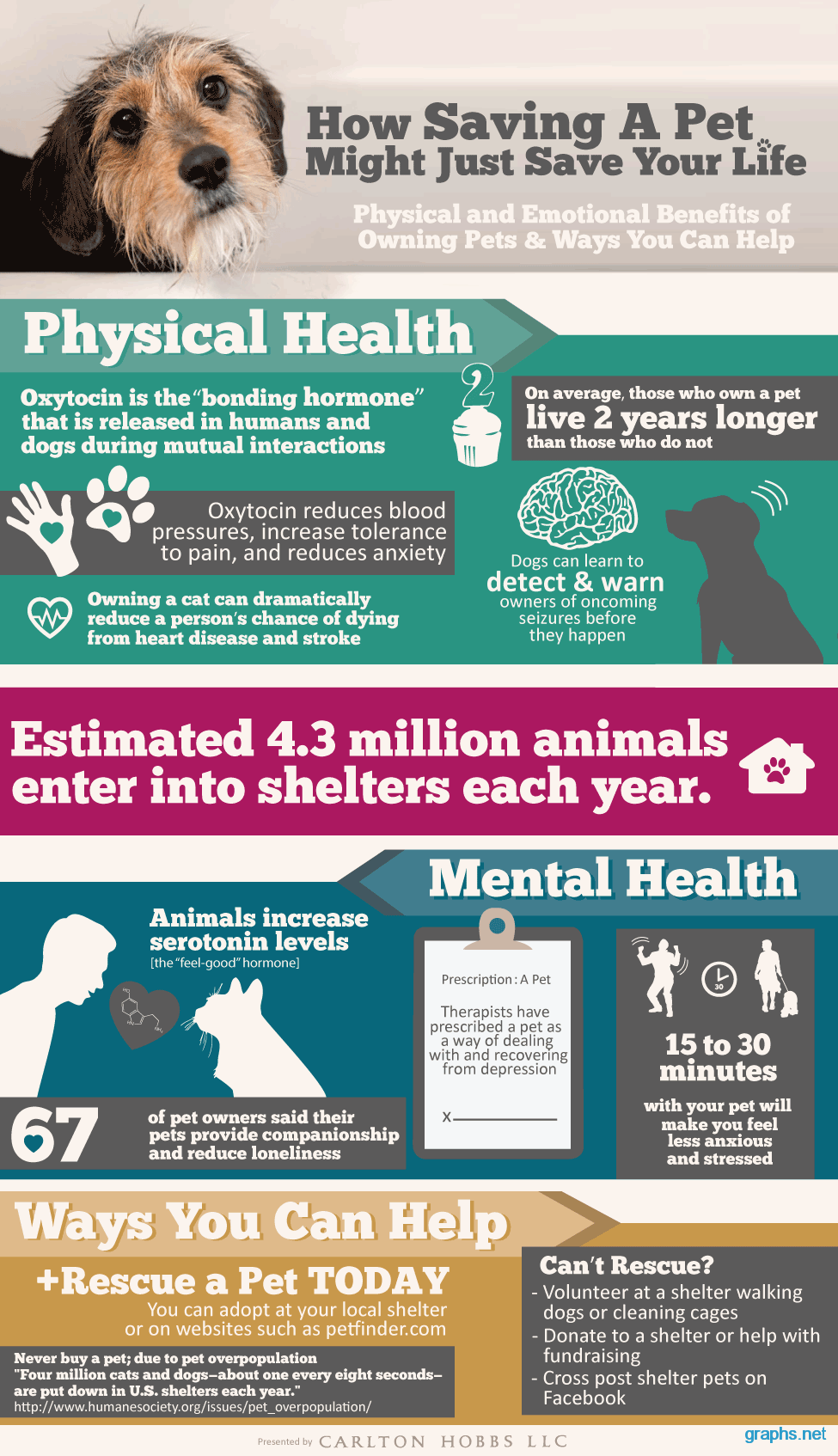Dogs who attend daycare regularly learn to cope with stress by establishing comfort zones and reducing anxiety and fear-driven behaviors. They also develop healthy relationships with other dogs and people.
In a safe and controlled environment, dogs interact with each other under the guidance of experienced staff members. This socialization helps them read and respond to other dogs’ body language, avoiding unnecessary conflicts that can escalate into aggression.
Structured Activities
Dogs are social creatures by nature, and regular interaction with other dogs is a vital part of their well-being. Leaving a dog alone for long periods can lead to anxiety, boredom, and destructive behaviors like excessive chewing or digging. Dog daycare provides an opportunity for your dog to interact with their peers in a safe, controlled environment. They get the chance to practice social skills and learn how to read social cues from other dogs, preventing the development of fear or aggression.
Structured activities like group play and enrichment exercises help dogs build confidence and develop problem-solving skills. Enrichment activities like scent work and training sessions provide mental stimulation and help prevent boredom. Dogs that are regularly exposed to different environments and dogs also develop resilience against bacteria and viruses, similar to how children develop immunity through socialization.
Providing your dog with the daily opportunities to interact with other dogs, play, and exercise promotes immediate happiness and fosters long-term emotional health. For busy pet owners, facilities like a dog daycare or boarding facility are a great way to ensure their pup has a healthy, happy life.
Behavioral Monitoring
Behavioral monitoring is offered by trained daycare staff, who observe dogs’ interactions and can intervene in a safe manner when needed. This professional oversight helps dogs develop proper social cues and avoid aggression in a controlled environment. It also allows dogs to play safely with dogs of different sizes and temperaments, improving their confidence and ability to make friends.
In addition to dog-to-dog socialization, daycare programs offer supervised interaction with humans in a friendly, supportive manner. This teaches dogs to associate social interactions with positive experiences and reduces fearfulness and anxiety, making them more comfortable in new environments and situations.
Finally, frequent interactions with other dogs help your dog burn off energy and stay mentally stimulated, which prevents boredom-fueled behaviors at home. This can help your dog become less stressed and more receptive to training and obedience instruction, further enhancing their quality of life. As a result, many pet owners report that their dog’s behavior improves after regular daycare attendance.
Group Interactions
Dogs who regularly interact with peers at daycare develop social skills that improve their overall well-being. Socialization in a daycare environment gives dogs the opportunity to practice and refine their play behaviors, while also learning how to interpret other dogs’ body language and vocal cues. This understanding of canine communication reduces misunderstandings and promotes more peaceful interactions.
In addition, daily interaction with a variety of dogs helps to alleviate fear and anxiety and makes them more adaptable in new situations. This improved ability to cope with stressors can help alleviate problems like excessive barking or destructive chewing behavior at home.
Moreover, playing with other dogs provides an outlet for their energy and helps them burn off extra calories. Enhanced physical activity, a common strategy for fighting boredom-related behaviors, contributes to better cardiovascular health and muscular tone as well as weight management. Regular socialization at daycare also teaches dogs to accept and respond to human boarding a dog near me commands, making them more responsive during training sessions at home.
Socialization at Your Pace
Many dogs that suffer from separation anxiety or fear-based aggression issues benefit greatly from dog daycare socialization programs. These facilities offer consistent interaction and structured activities to reduce these issues, and the daycare staff will carefully monitor interactions between dogs and human handlers to ensure that play is friendly and does not escalate to conflict or aggression.
Dogs that regularly interact with other dogs develop critical social skills that improve their quality of life, including impulse control, problem-solving, and respect for the boundaries and personal space of others. They also become better adaptable to various environments and social situations, reducing fear-based reactions.
Reliable dog daycare facilities provide a safe environment for all dogs to interact with each other, and they will slowly introduce new dogs into the group until tails are wagging. This approach allows each dog to become comfortable with other dogs at their own pace, avoiding potential stress or anxiety triggers. This also helps dogs learn to interpret other dogs' body language and play style, preventing inappropriate interactions.
